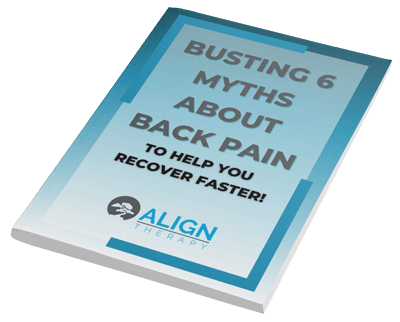“Sit up straight!” Janet found herself repeating these words more often than she liked. Watching her 14-year-old son, Lucas, hunched over his dinner plate night after night, she worried about his posture becoming a bad habit that could affect his health and confidence. Despite her constant reminders, Lucas’s slouch seemed to worsen, and no amount of scolding made any difference. Concerned, Janet scheduled a visit to their pediatrician, hoping it was just a phase of the teenage years.
The Diagnosis
Because of her concern, the doctor suggested an X-ray, which revealed that Lucas’s poor posture was not a matter of laziness or defiance. The images showed an exaggerated curvature in his upper back, a sign of Scheuermann’s Kyphosis, a structural condition beyond the usual “bad posture” scolded by parents worldwide. This news hit Janet hard. Her concerns shifted from frustration over poor posture to worry about a lifelong condition affecting her son’s health and happiness.
What is Scheuermann’s Kyphosis?
Scheuermann’s Kyphosis is a developmental type of kyphosis, where the front sections of the vertebrae grow slower than the back sections during the teenage years. This uneven growth results in wedge-shaped vertebrae, leading to a sharp, angular spine curvature. Typically diagnosed in adolescence, this condition can cause not only cosmetic concerns but also significant physical pain and discomfort.
In Scheuermann’s Kyphosis, the abnormal spinal curvature strains the vertebral structure, leading to chronic pain. The excessive curve can put additional pressure on the spinal discs and cause them to wear out prematurely. Moreover, the muscles and ligaments around the spine may become overly stretched or tightened, contributing further to discomfort and pain.
Lucas’s Struggle
As with many teens with Scheuermann’s Kyphosis, Lucas experienced discomfort during activities that involved standing or sitting for long periods. Sitting in class was challenging, and standing to help do the dishes was more of a chore than it should have been. He became self-conscious about his appearance, which affected his social interactions and participation in sports. Janet watched as her once outgoing son grew more withdrawn, a change that broke her heart.
Finding Hope Through the Schroth Method
Determined to help her son, Janet explored treatment options that could alleviate Lucas’s discomfort and possibly correct the spinal curvature. That’s when they discovered the Schroth Method. Developed by Katharina Schroth, this specialized approach to scoliosis and other spinal conditions uses customized exercises to strengthen and stabilize the spine, promote better posture, and, importantly, relieve pain.
The Schroth Method involves exercises that target the specific curves of the spine, aiming to de-rotate, elongate, and stabilize the spine in a three-dimensional plane. This method is particularly beneficial for individuals like Lucas, as it can help halt the progression of the curvature, reduce pain, and improve overall function.
Under the guidance of a certified Schroth therapist, Lucas began a tailored exercise regimen. The initial weeks were challenging, requiring dedication and persistence. However, as he continued with the exercises, Lucas felt a significant reduction in his back pain. More so, he noticed improvements in his posture, which boosted his confidence significantly.
Janet’s experience with her son taught her the importance of understanding the underlying causes of physical symptoms. She realized that many other parents might be unaware of conditions like Scheuermann’s Kyphosis, and how specialized treatments like the Schroth Method can offer relief and hope.
If you or your loved one is struggling with back pain or has been diagnosed with Scheuermann’s Kyphosis, know that options are available that can lead to improvement in both comfort and quality of life. At Align Therapy, we specialize in the Schroth Method and are dedicated to providing personalized care that addresses the unique needs of each patient. We invite you to schedule a free consultation with one of our specialized therapists. Let us help you on your journey to better spinal health and a more active, pain-free life.
David Butler, Physical Therapist



